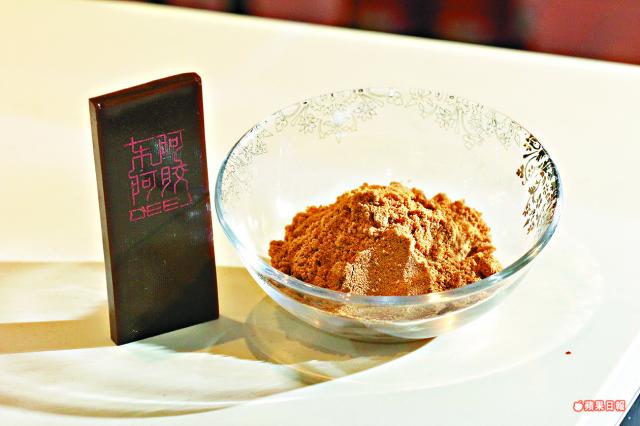The Chinese embassy in South Africa has denied that Chinese enterprises were involved in the illegal killing of donkeys allegedly destined for the Chinese market, despite reports from international media outlets.
Counsellor Yu Yong responded to reports from the BBC and South African media that 5,000 donkey hides recently seized by police near Johannesburg were to be exported to China. The reports also mentioned cases of donkeys being “bludgeoned with hammers and skinned alive,” citing the South African National Society for the Prevention of Cruelty to Animals (NSPCA).
The British network cited a South African newspaper as saying that Chinese nationals were suspected of involvement.

Yu said: “From what we understand, China and South Africa have not signed any agreements concerning the inspection and quarantine of South African donkey hide or donkey meat products exported to China. Currently, we have not found any Chinese enterprises importing donkey hide from proper channels.”
He warned media outlets involved to take a strict and responsible attitude and avoid misleading readers as unsubstantiated reports could harm “China’s national image and the normal trade and economic relations of China and South Africa.”
The spokesperson went on to express regret for the illegal torture and killing of donkeys.
“We respect the actions of South African departments in strictly cracking down on illegal stealing, torturing and killing of donkeys, and in punishing the criminals,” he said.
In traditional Chinese medicine, donkey hide is boiled to produce a gelatinous substance called ejiao. The remedy is used to treat a number of conditions including insomnia, dizziness, and coughs. The substance is also used as an aphrodisiac.

The numbers of donkeys in China has declined drastically in recent years. There are around 6 million at present – down from around 11 million in the 1990s, according to Chinese government data.
The decrease has resulted in an increase in the price of ejiao, as manufacturers have been forced to look elsewhere for raw material. The astronomical level of demand is having ramifications elsewhere in the world, particularly in Africa.
In 2016, Niger and Burkina Faso responded to the impact of rising demand from Asia by banning the export of donkeys and donkey hide respectively.
